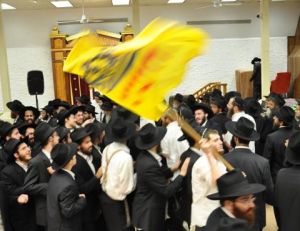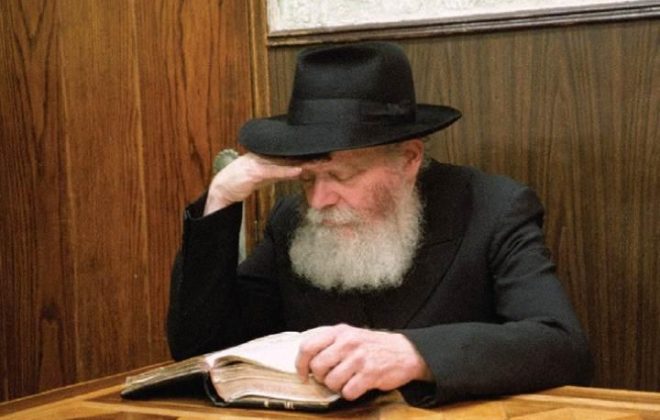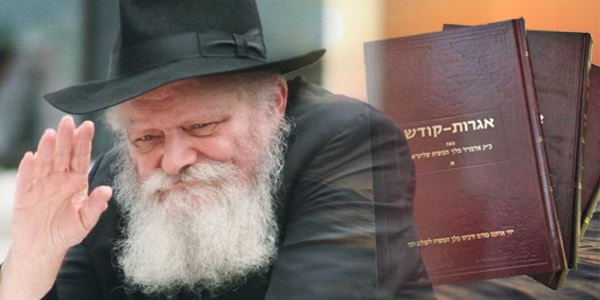Fulfilling the commandment to be Fruitful and Multiply after the Resurrection of the Dead
As is known, the very first commandment in the Torah is the directive to give birth to children.
It’s already been explained how the commandment to “be fruitful and multiply” will be fulfilled after Moshiach comes, but another question remains: how will this commandment be fulfilled after the Resurrection?
In the book Divrei Yatziv two opinions are cited whose source are in a Midrash.
The first opinion holds that after the Resurrection this commandment will not be performed since it was given due to a certain reason, as it says “Be fruitful and multiply” (Genesis 1:28) and right after that it continues “fill the earth and subdue it.”
It would follow that this commandment is operational only when people continue to die and therefore there’s the necessity for new people to appear. And since after the Resurrection, people will stop dying and there will be a great many of them on earth, (taking into account the fact that all Jews that ever lived will be resurrected as it says “every Jew has a portion in the World to Come”) therefore there will not be the necessity to fulfill this commandment.
Based on that we will understand a statement in the tractate Brochos that when Rav Amnuna was asked to sing at the wedding of Ravina’s son, he responded twice “Woe is us, since we are destined to die!” Even though it states there that he did it to prevent frivolity, nevertheless based on the reasoning above, his intention ran deeper. He was alluding to the fact that we await the complete and final Redemption when people will cease to die and there will not be the necessity to conduct weddings, therefore the purpose of a wedding is not a real joy.
An alternative opinion holds that the commandment to “be fruitful and multiply” will also be performed after the Resurrection and that this commandment is unrelated to death at all. Since even before Adam ate from the Tree of Good and Evil and before death came into the world, the commandment existed, additionally there was no limit as to the number of people on earth. Therefore, even after the Resurrection, the commandment will not lose its significance.
But this opinion is difficult to accept as it says “the Son of David (Moshiach) will not come until all the souls that are stored in the Storage House of Souls are born into bodies. Does that mean that after the Coming of Moshiach all the souls will cease? The Tosafists examine this issue and explain that there will be another soul storage house and there will be new souls. The Talmud brings proof that after the Resurrection, the commandment then will be not fulfilled. “In the World to Come there’s no eating, drinking, birth… Only the righteous sit with crowns on their heads and enjoy the Radiance of the Almighty.”
But according to the Maimonides, this is a reference to the time period when the soul (without a body) finds itself in Gan Eden (Paradise) and not to the Resurrection. Correspondingly, the commandment to “be fruitful and multiply” will still be fulfilled.
But the Rebbe King Moshiach cites the opinion of many authorities who take issue with the Maimonides on this (the RAAVAD, Nachmanides, the SHLOH, Alter Rebbe, etc.)
He holds that these words of the Talmud actually refer to the period after the Resurrection and the commandment to be fruitful and multiply will not be operational.





